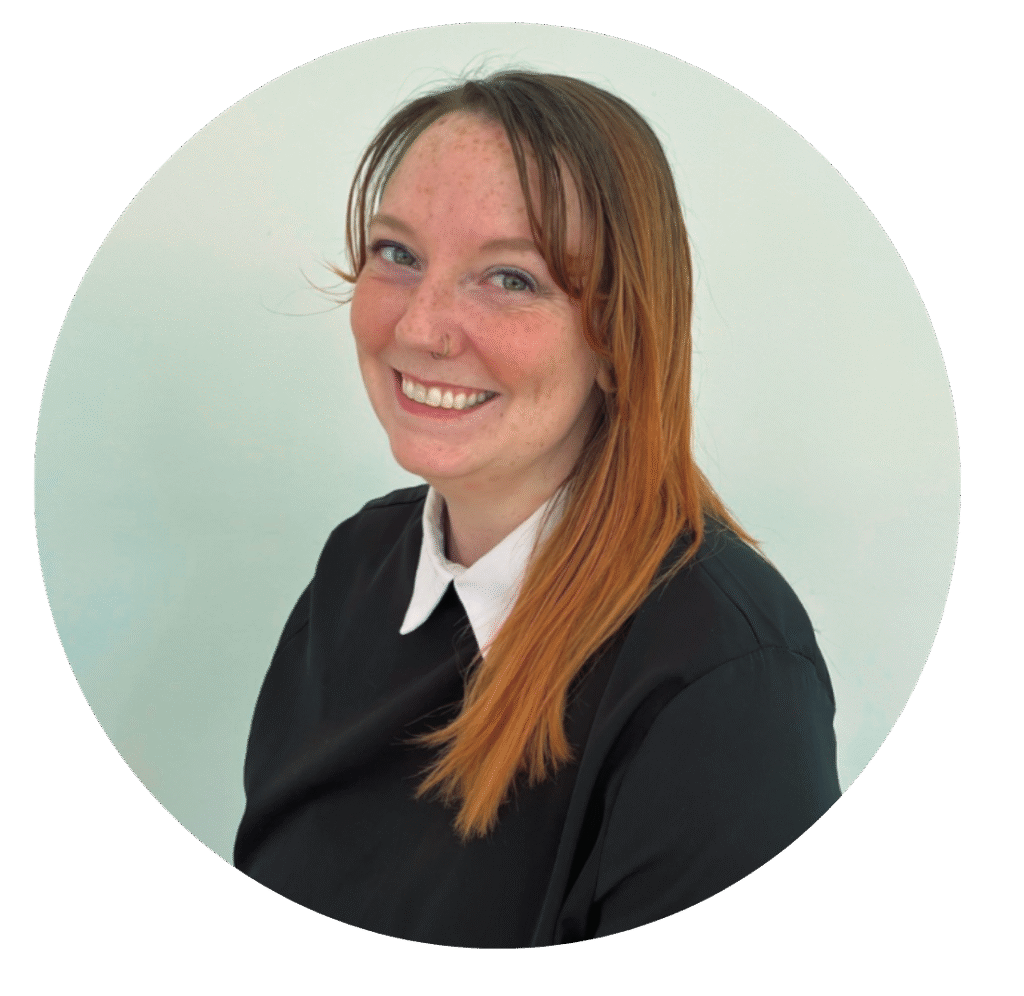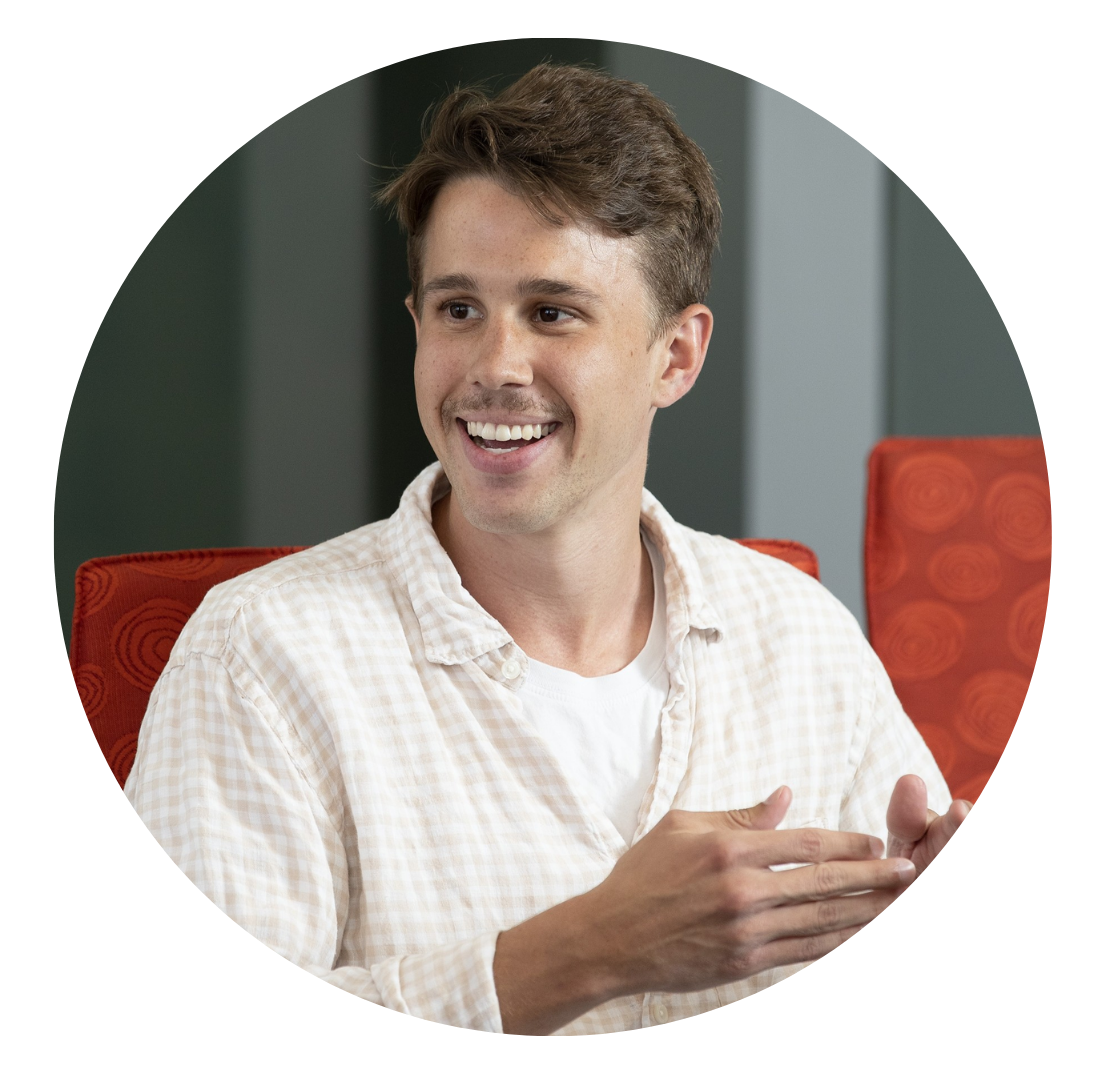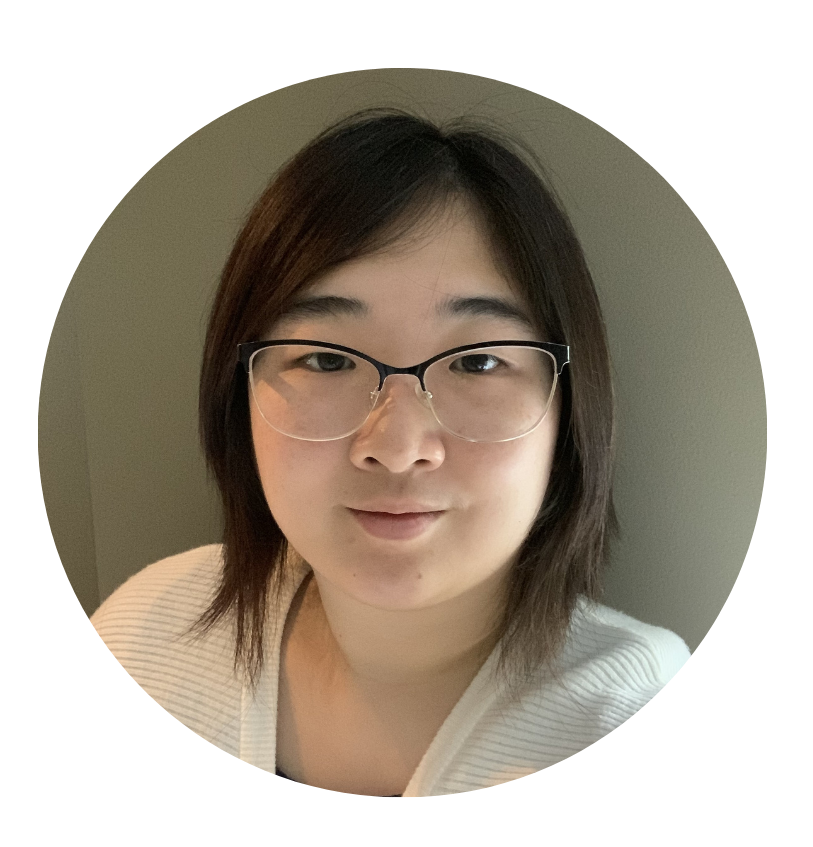Apply Now
Applications for the 2025-2026 Student Advisory Committee must be submitted by 5:00 pm EST on Wednesday, September 10, 2025.
Inlight is committed to actively engaging students in the co-design of research and knowledge translation activities that directly impacts them. This research approach ensures that students are equal partners in the co-creation of the direction, development, and execution of student mental health research.
This Call for Applications seeks students representing each of the three U of T campuses at any level of study, who are passionate about student mental health to join the Student Advisory Committee. This advisory body will support Inlight’s mandate and ensure the representation, prioritization, and engagement of diverse student voice in student mental health research and related activities across the University of Toronto.
Eligibility Requirements
Inlight Student Advisory Committee members are current U of T students during the 2025-2026 academic year in good academic standing who are passionate about student mental health research. Members exemplify a diversity of expertise, which may include personal, professional, academic, or volunteer experience in mental health and/or mental health research.
The final Student Advisory Committee composition will aim to include at least:
- An undergraduate student from each campus.
- A graduate student from each campus.
- An international student from both the graduate and undergraduate level.
About the Student Advisory Committee
The official term of the Student Advisory Committee term runs from September to June each academic year, with an option to extend their role through the following summer term. Advisory members are responsible for participating in monthly hybrid Student Advisory Committee meetings, reviewing key documents, and providing their expertise to community engagement activities. Members will be recognized for their time through a stipend for each semester of their term on the advisory.
Members may expect to spend a minimum of three hours a month over the course of their term on activities related to this Research Initiative. In addition to regular monthly hours, members will be expected to attend a two-day training (“Days of Collaboration”) in late September/early October.
As part of it’s mandate, the 2025-2026 Student Advisory Committee will support the following three priorities:
Priority 1: Support the engagement and development of a broad student network, ensuring students are represented across the activities of Inlight and have the right resources to engage in mental health research at UofT.
Priority 2: Support the development of Inlight’s equity, diversity, inclusion and accessibility strategy, ensuring these principles are embedded across all work and activities of Inlight.
Priority 3: Support the planning and development of Inlight’s knowledge mobilization and communications activities, ensuring UofT students are connected to mental health research findings and opportunities.
Apply Now
Applications must be submitted by 5:00 pm EST on Wednesday, September 10, 2025.
How to Apply
Applications may be submitted via this online form: hthttps://redcap.utoronto.ca/surveys/?s=H7DYF98L7L7X4DWK
The application form includes a brief section about you and and area of study information followed by three long answer questions about your interest and experience in student mental health research. For long answer questions, there is no minimum word limit and the maximim word limit is 500 words. Unless otherwise noted, all questions in the application are mandatory. Applicants may save and return later to complete their application, as long as the form is submitted before the deadline.
After submitting the form, applicants will recieve a link to an optional self-identification survey that is not associated or linked to their primary application.
Note: With their permission, applicants not selected for the Student Advisory Committee will be added to a priority contact list for future engagement opportunities of this initiative. Any interested community member may also join the mailing list to receive updates on these opportunities.
If you are interested in learning more about the activities of this program and future opportunities for engagement, please sign up for our mailing list here: http://eepurl.com/hKSanH
If you have any questions about Inlight and the Student Advisory Committee, please contact our engagement team at studentmh.research@utoronto.ca.
Inlight is an Institutional Strategic Initiative at the University of Toronto enhancing student mental health and wellness through world-class research, innovations, and applications, in collaboration with postsecondary students, institutions, and community partners.




